(NB&CL) “We delved into the story of the mechanism for ordering teacher training between teacher training colleges and localities. Why are teacher training colleges ready to meet the “supply”, but localities are not keen on ordering?... Faced with difficulties and shortcomings in practical implementation, amending, supplementing and adjusting Decree 116 is an extremely urgent requirement” - journalist Le Thu, representing the group of authors who just won the special prize of the National Press Award for the Cause of Vietnam Education with the work “Decree 116 on ordering teacher training: “Supply” is enthusiastic - “Demand” is indifferent” (by the group of authors Le Thi Thu, Le Thi Hang, Tran Huu Hung, Nguyen Van Cuong) shared this in a conversation with the Journalist & Public Opinion Newspaper about the series of articles.
Removing difficulties in teacher training to serve educational innovation
+ Dear Madam, it is known that the idea of the group of authors started at the end of 2023, when doing a topic on the impact of Decree 116 on ordering teacher training as well as attracting good students to the pedagogical industry. So what difficulties in the implementation of the Decree are the important reasons for the group of authors to deploy this series of articles?
- Yes, that's right. The idea for this series started at the end of 2023, when we did a talk about the story of thousands of pedagogical students who were owed support money. Decree 116/2020 of the Government, when first issued, was considered a breakthrough solution to solve the problem of teacher shortages nationwide, attracting good students to the pedagogical industry. The implementation of Decree 116 has achieved certain results. The number of candidates interested in pedagogical majors has increased each school year. The rate of candidates registering for admission to schools, the benchmark score and the rate of candidates enrolling have all increased sharply. This is an opportunity for training institutions to have more options in admission, while setting higher standards for the quality of training of the school.
However, nearly 4 years since taking effect, this humane policy has revealed many difficulties and limitations, showing the "gap" between policy and practice. In particular, the biggest problem is the delay in paying living expenses for students. Notably, by early 2023, only 12/58 local schools were assigned by localities to implement and pay tuition and living expenses for students. However, many local colleges and universities training teachers have not received funding to support living expenses for students. Statistics from the Ministry of Education and Training also show that there are a number of schools that have been ordered by local or neighboring localities but have not yet paid or have only paid a very small part of the funding... From that reality, we are urged to find an answer to the question of why such a humane policy, aiming to attract good students to study pedagogy through the training ordering mechanism, is "stuck" when implemented?

Journalist Le Thu received a special prize.
+ In order to convince the public about this issue, how did the group of authors build the article series and exploit information effectively from the process of raising the issue, choosing interviews and solutions, journalist?
- We have created a series of articles: "Decree 116 on ordering teacher training: "Supply" is enthusiastic - "Demand" is indifferent", following the pattern of 3 articles: Article 1: Humane policy, why is it "blocked"? Article 2: Serious shortage of teachers, localities are still indifferent. Article 3: Unblocking "supply" - "demand", creating attraction from policies. In article 1, we find out why thousands of teacher training students owe tuition and living expenses, the legitimate rights of many teacher training students are being "forgotten". Article 2, we delve into the story of the correlation between the training ordering mechanism and the problem of teacher shortage in localities. And explain the question of why many localities lack teachers, but are not enthusiastic about ordering from teacher training schools. The main difficulty is that localities do not place training orders according to Decree 116, the handling of training costs is still stuck, and many industries are difficult to recruit. They want to train but there are no orders from localities, or in other words, there is "supply" but not "demand"...
And after placing a training order, if students do not fulfill their commitments, there are no sanctions. Another problem is that students who are trained under the order form, but after graduating, want to work in the education sector, they still have to pass the civil service recruitment exam. This is one of the concerns that makes both students and localities hesitate to participate in the teacher training order project.
The difference in defining criteria as well as a series of difficulties in the process of implementing teacher training orders has made a humane policy of the Government unable to be effective in real life. This reality requires an early solution to "unblock" Decree 116 for the task of ordering teacher training. However, if we only amend the Decree without other solutions, it will be very difficult to completely resolve the difficulties in teacher training to serve the task of educational innovation in our country in the coming years. We will focus on solving this content in article 3, which is also the last article in the series.
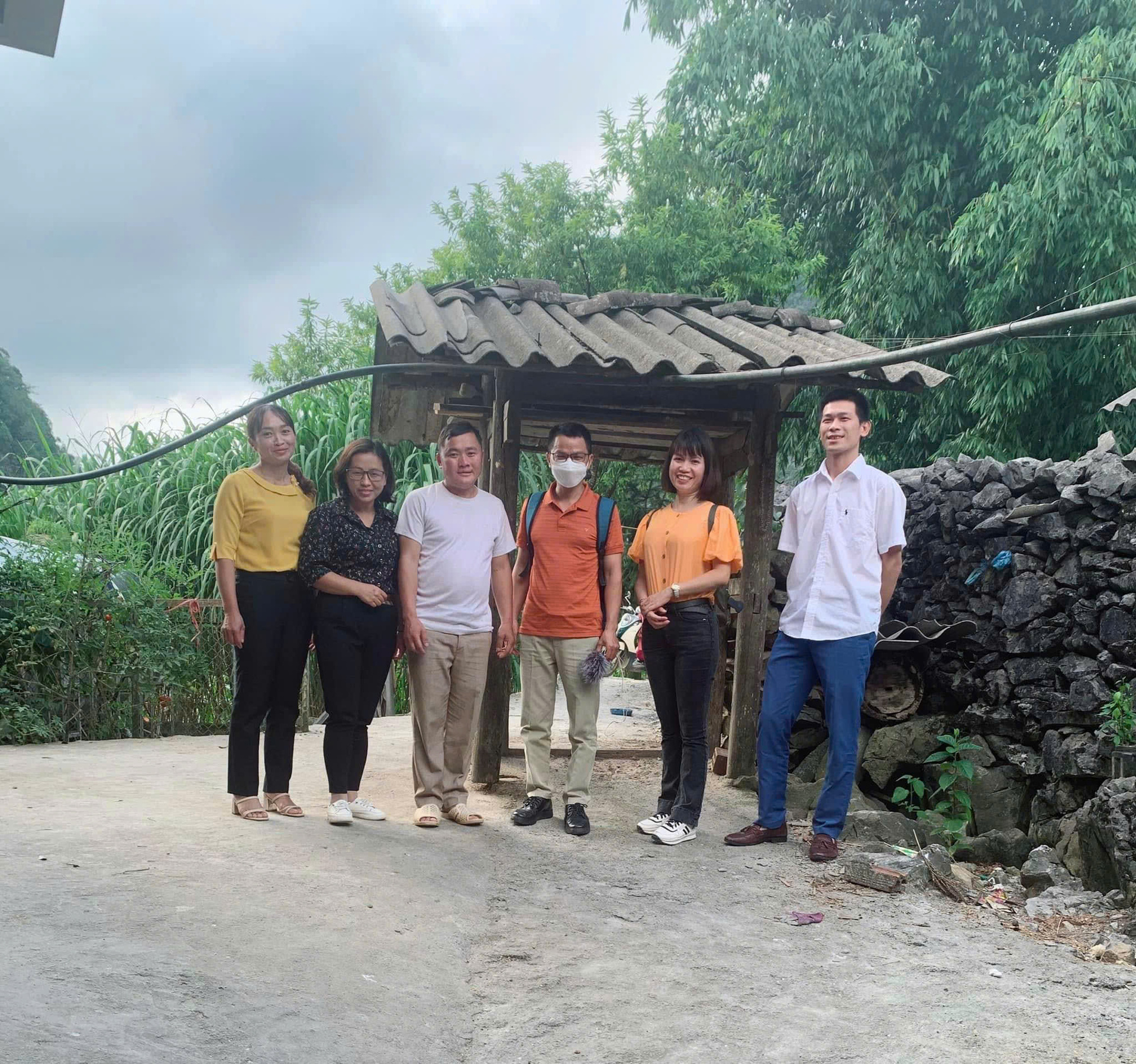
Journalist Le Thu and journalist Huu Hung took photos with teachers while working on the series.
It is not easy for insiders to speak up…
+ Deploying a large-scale topic, solving a difficult problem and even "not easy for insiders to speak up", so what is the big challenge for the group of authors when making the work, ma'am?
- “It is not easy for insiders to speak up”, as you said, that is also the challenge for the group of authors. With radio and television, getting the characters to speak up is even more challenging. Maybe when talking and exchanging normally, they will freely share, but when we want to record to get their voice, they will be more reserved. For example, when we interviewed the principal of a Pedagogical University, they were very comfortable stating the difficulties and shortcomings when localities were not interested in ordering training, but refused to specify which province. Because they were still in the position of “selling” by sending invitations to localities… Therefore, the biggest challenge was still convincing the characters we wanted to interview to be able to say the necessary information for the series, as well as provide specific numbers.
Another challenge is the title. Print and electronic newspapers are probably too familiar and "super" in the title to attract readers. As for radio, it is really a challenge, how to make the title cover the issue you are writing about, but also have sound effects and words. Ms. Le Hang, who is the leader and director of this series, suggested how to convey the idea: while teacher training colleges are very enthusiastic about training students, ready to provide teachers for localities, on the contrary, localities are indifferent and not interested in placing orders. It is like two opposing sides: hot above - cold below... From there, the title of the series was born based on the discussion and comments of the group members.
+ With this elaborate series of articles, what changes do the authors hope to see in the journey of educational innovation, especially in the issue of human resource training in the coming time, madam?
- Faced with difficulties after nearly 4 years of implementation, the Government has assigned the Ministry of Education and Training to preside over reviewing, amending and supplementing Decree 116. Accordingly, the draft new Decree will no longer have a bidding mechanism but only assign the task of ordering training facilities but it is not mandatory. For training costs, instead of the provincial level having to pay, the Ministry of Education and Training proposes that the central budget pay the entire amount, and localities are responsible for paying training costs for pedagogical schools managed by the locality. Currently, the draft amendment to Decree 116 is being submitted by the Ministry of Education and Training to the Government for consideration and comments. According to the draft amendment to Decree 116, the task of "determining training needs is the responsibility of localities (63 provinces/cities). However, the draft has not clarified the terms "teacher training needs" (usually calculated by the education sector) and "teacher recruitment needs" (calculated by the home affairs sector).
We hope that through this series of articles, we can contribute our voice to other press agencies so that humane policies can truly come into life and be more effective in practice. In that spirit, teacher training institutions should proactively work with local authorities and propose to management agencies the assignment of training tasks and the registration of truly effective enrollment targets. This is an important premise to continue improving the quality of training human resources in the pedagogical sector, helping a segment of students with difficult circumstances to access the State's humane policies, especially in the context of moving towards the "Era of Rising" of the country, in which training high-quality human resources is one of the key tasks.
+ Sincerely thank the journalist!
Ha Van (Implementation)
Source: https://www.congluan.vn/chung-toi-mong-muon-gop-phan-dua-chinh-sach-nhan-van-thuc-su-di-vao-cuoc-song-post322170.html








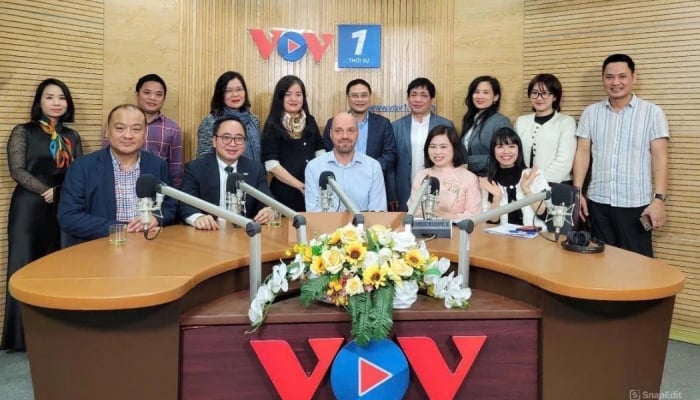


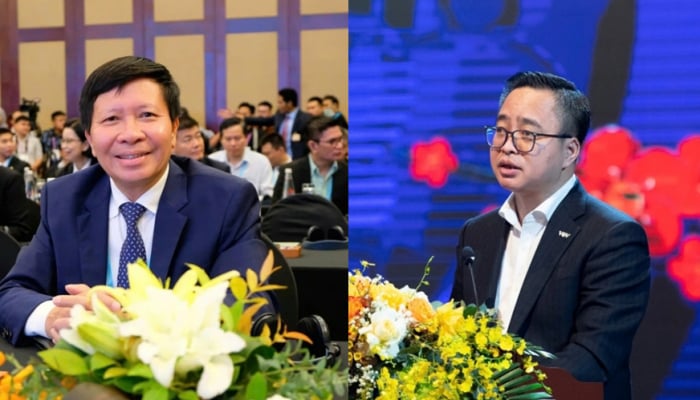
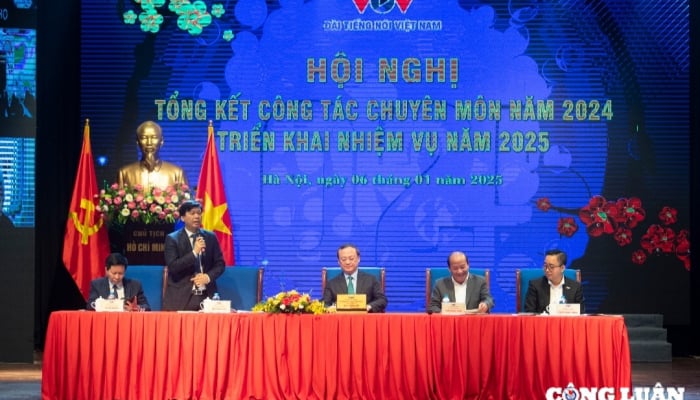
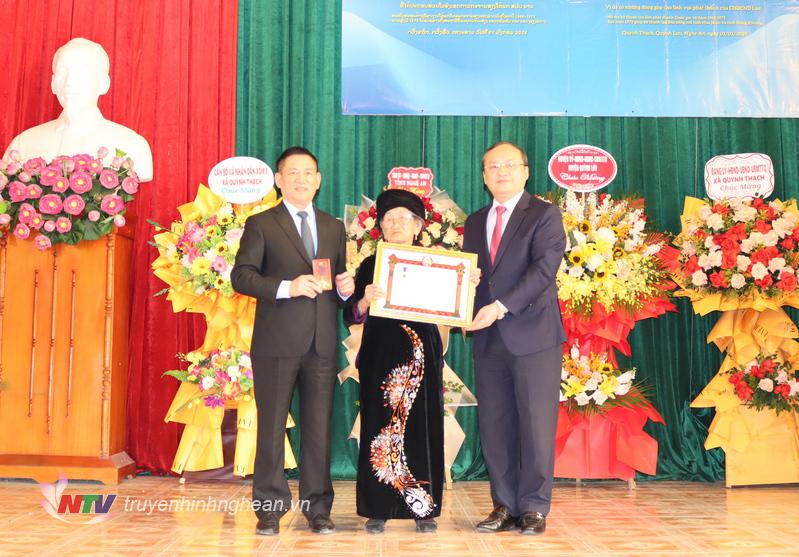



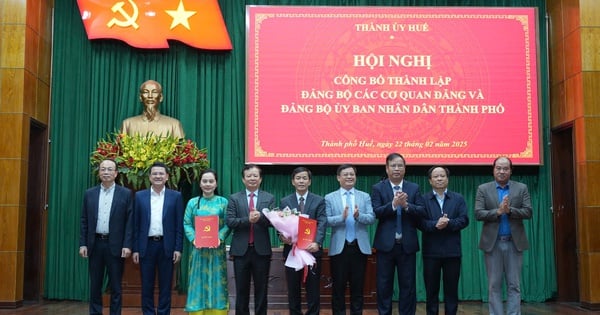




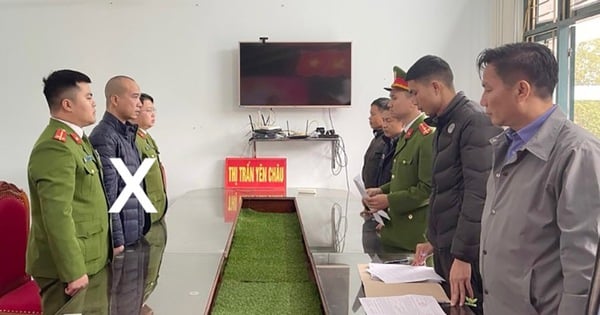
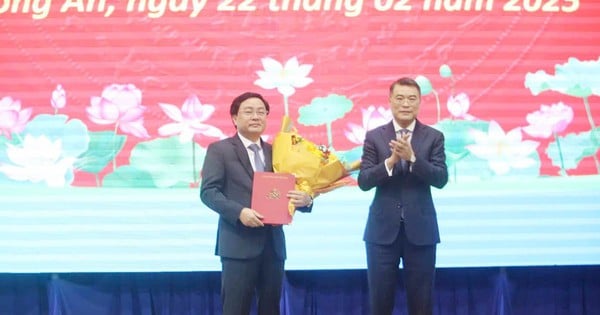

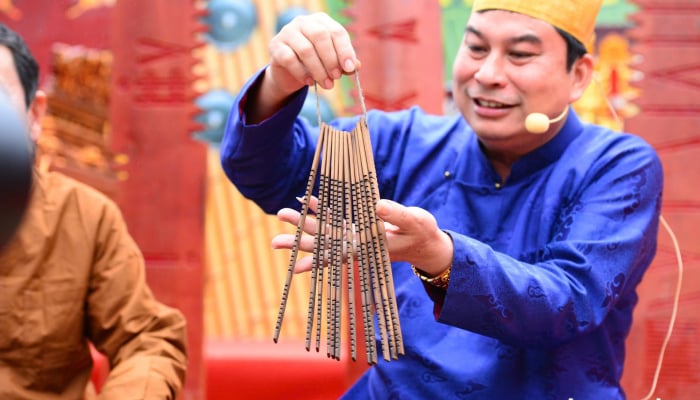



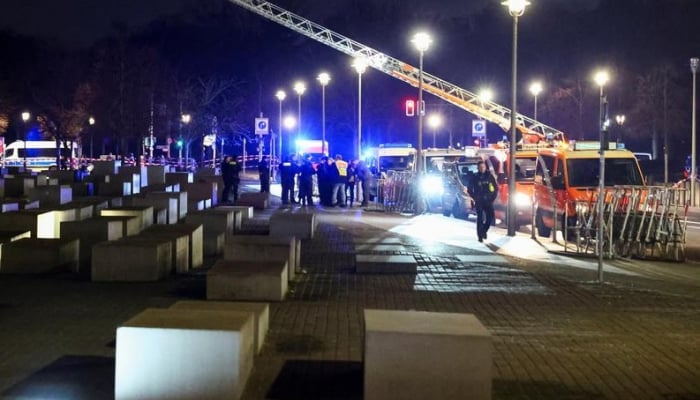









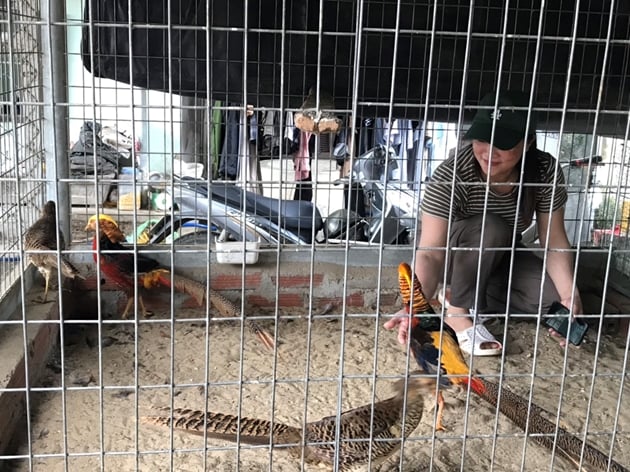



Comment (0)